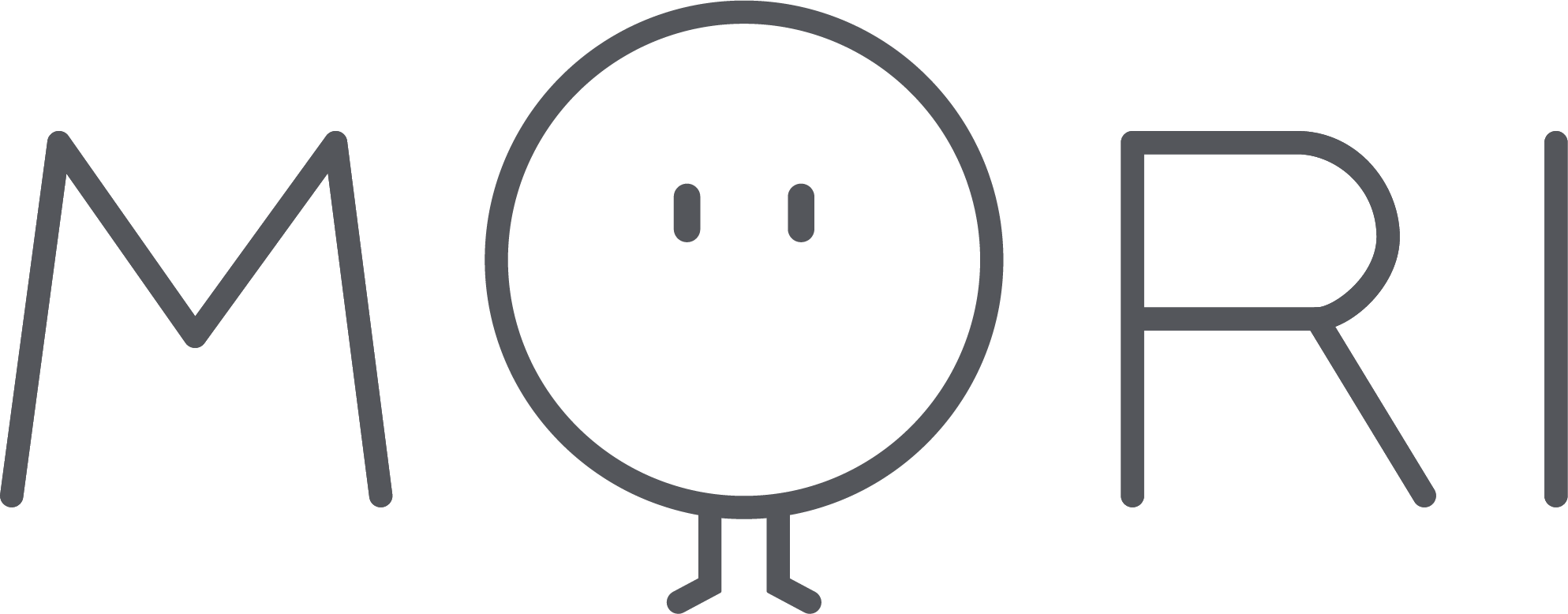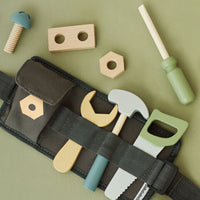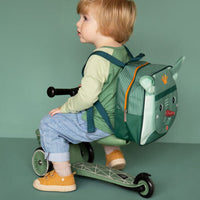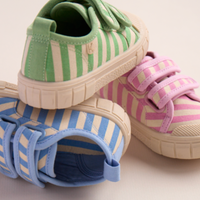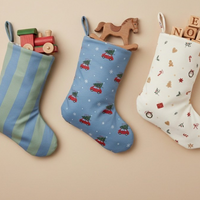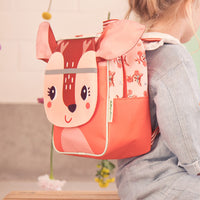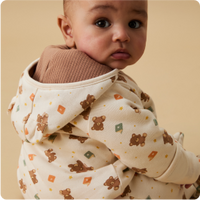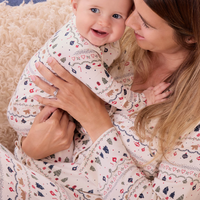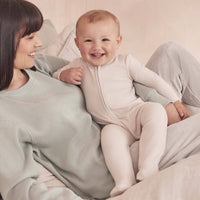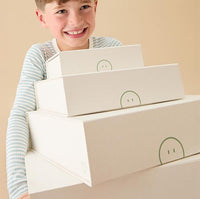How To Prevent and Soothe Baby Eczema
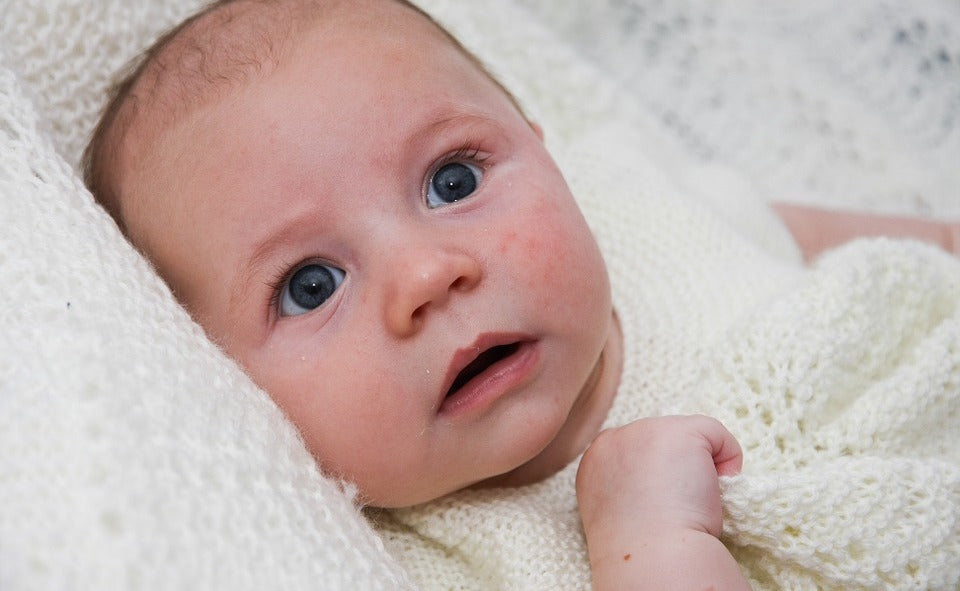
As part of National Eczema week, we’re looking at what baby eczema is, how it can be diagnosed and a few top tips on how to help to keep your baby feeling soothed and calm. If you have any tips that would help another baby battling the itch, head over to @babymorioffical and share them there so we can include them in this post!
 Eczema is a condition that causes dry, itchy and red skin that is very uncomfortable for the person who is suffering. The first instance of eczema typically occurs during the first two years of a little one’s life but is commonly seen when a baby is in the first six months of their life. If you have a baby or toddler with eczema, you will already understand that for them it is very difficult to communicate when they are suffering and can cause frustration and upset.
Eczema is a condition that causes dry, itchy and red skin that is very uncomfortable for the person who is suffering. The first instance of eczema typically occurs during the first two years of a little one’s life but is commonly seen when a baby is in the first six months of their life. If you have a baby or toddler with eczema, you will already understand that for them it is very difficult to communicate when they are suffering and can cause frustration and upset.
You may not always see the noticeable effects of eczema on your baby, and it will only be during flare-ups. These flare-ups are when the skin becomes irritated by a certain substance, often chemical, and can include: washing liquids and softeners, fragranced moisturisers and certain materials of clothing. If your baby continues to have eczema into their older years, you will begin to understand their main triggers and help to avoid them.
There are some steps you can take to help to prevent eczema flare-ups and to relieve the symptoms once they occur to ensure that your baby is feeling as comfortable as possible.
1. Using ointment
If your baby is going through a flare-up, you will notice that the affected skin is exceptionally dry. If it is not treated in time, it may begin to crack and ooze puss which is going to be alarming for yourself and very upsetting for your baby. Before it gets to that stage, you should visit the doctor to get some moisturiser for your little one. Your doctor will prescribe a soothing ointment with no fragrances in so you can keep the eczema moisturised. 2. Steroid creams
2. Steroid creams
When you visit your doctor, it could be the case that they prescribe a steroid cream to be used on your little one’s eczema. You might be worried about the use of steroids on your baby, but the doctors will only ever prescribe something that is appropriate for their age. When suffering from eczema badly, steroid creams might be the only option as sometimes normal ointments just don’t combat the problem. If you have any concerns, be honest and open with your doctor to discuss all the options for your baby.
3. Non-biological washing liquid
If you’re worried that the cause is coming from the washing liquid and softener that you are using, there are some great options on the market for non-biological versions or baby-friendly soaps. Many of these soaps are made from natural ingredients and are far less harmful on your baby’s delicate skin than chemical infused alternatives.
4. Dietary requirements
It’s not always the case for every baby with eczema, but studies have found there is sometimes a correlation between what your baby is ingesting and their flare-ups. If you’re breastfeeding you could speak to your doctor and see if there is anything in your diet that could be affecting your baby’s flare-ups. Cow’s milk has often been attributed to older children, but again, you would need to speak with your doctor and have an allergy test.
5. Organic clothing
When your baby’s skin is feeling irritated, they will feel the benefits of soft and soothing clothing on the area that is inflamed. If your baby becomes too warm, their eczema symptoms can worsen, therefore you should dress them in breathable materials made from natural fabrics. Organic cotton and bamboo is a perfect option for your baby’s sensitive skin, as the blend of materials is breathable, super-soft and contains nothing chemical. Organic cotton is another alternative that will also prevent your baby’s skin from becoming irritated.


